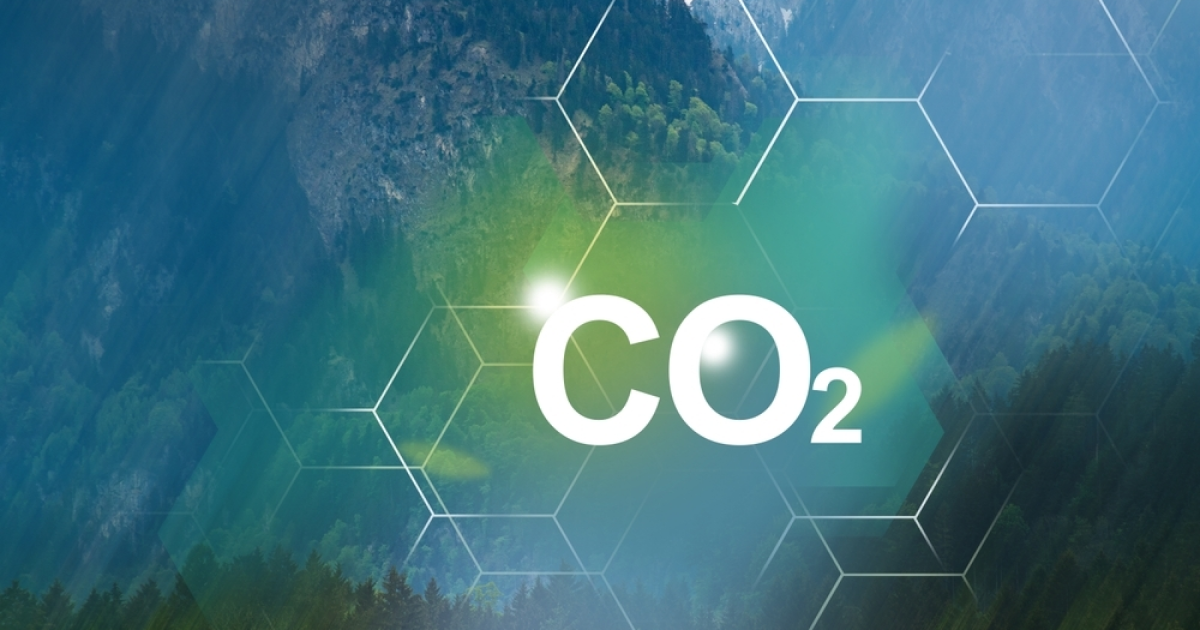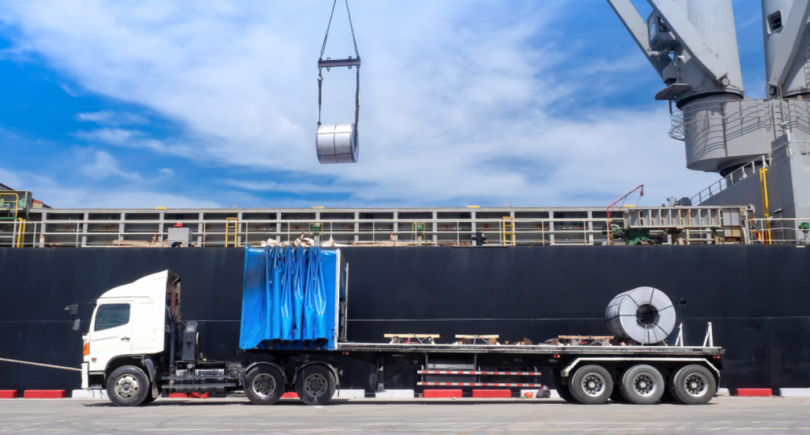
News Global Market СО2 emissions 1974 05 March 2024
The states of the region are evolving from voluntary to mandatory mechanisms
Latin America’s carbon markets are evolving from voluntary to mandatory as countries implement various mechanisms such as carbon taxes or emissions trading systems (ETS). This is reported by Argus.Media.
The four largest economies in the region – Brazil, Mexico, Colombia, and Chile – already have an emissions trading system or are in the process of developing one.
Mexico is the only country in the region that has implemented the ETS. It was launched in 2020 in pilot mode and covers direct CO2 emissions from stationary sources in the energy and industrial sectors. The system entered its operational phase in 2023. The government is also working on establishing a carbon price, and since 2014, Mexico has also had a federal CO2 tax on fuel producers and importers.
Brazil is awaiting approval of a bill to create a carbon market. The latest draft was submitted to the Senate in December last year, but its final approval is hampered by disagreements over the role of the agricultural and transportation sectors.
The Argentine government proposed a bill to create an ETS similar to the European one in December last year. The idea is for the government to allocate carbon credits to each sector and subsector of the economy that are compatible with the emission reduction targets for 2023 and beyond. However, the country’s congress stopped the approval of this bill, and the future of the proposal remains unclear. Argentina has an existing carbon tax.
Countries with fewer financial resources to develop pricing mechanisms are using the development of voluntary carbon footprinting and offsetting programs as a first step, as is the case with Ecuador, for example.
However, the region needs to increase the supply of environmental solutions. Relevant ministries are beginning to approve initiatives to reduce environmental impact, as well as relevant certification standards and validation and verification bodies, said Camilo Trujillo, head of Latin America at the International Emissions Trading Association (IETA).
As GMK Center reported earlier, Asia is stepping up efforts to develop carbon trading. However, the region’s carbon markets currently cover only a small portion of emissions. Last year, Indonesia and Japan launched carbon trading exchanges, China planned to expand its existing scheme as early as 2024, and India continued preparations for this.



